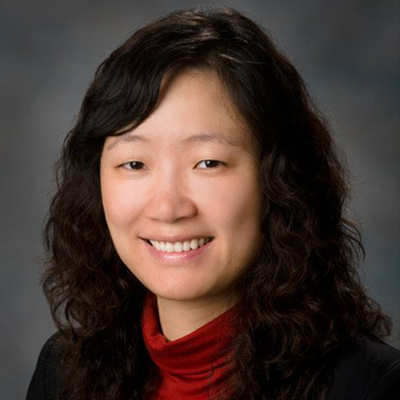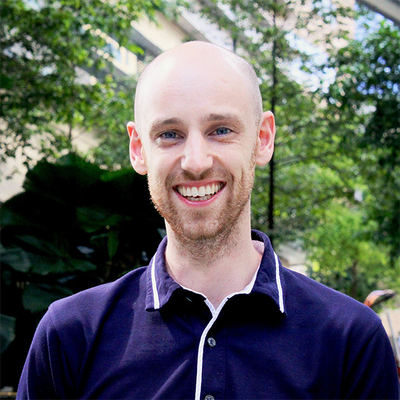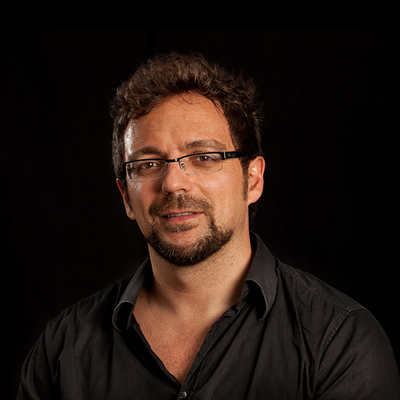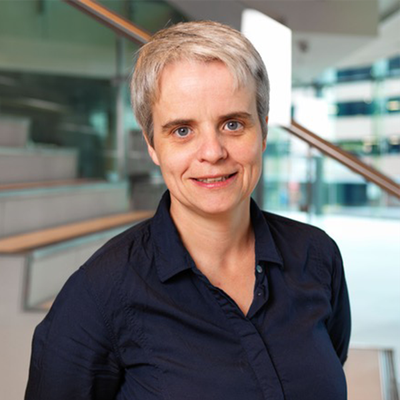Invited Speakers

Professor Wenyi Wang
Professor Wenyi Wang received her PhD in Biostatistics (Johns Hopkins University, 2007) and a joint postdoctoral training at Stanford Genome Technology Center and UC Berkeley Statistics (2007-2010). In 2010, she joined the Department of Bioinformatics and Computational Biology at the University of Texas MD Anderson Cancer Center, where she contributed to the Genome Data Analysis Network of the Cancer Genome Atlas projects with her somatic mutation caller MuSE for calling subclonal mutations, and transcriptome deconvolution method DeMixT for dissecting tumour-stroma-immune signals. She made significant contributions to the International Cancer Genome Consortium PanCancer Analysis of Whole Genomes with MuSE to call subclonal mutations accurately, and further with a set of new analytical tools for accurate reconstruction of subclonal architecture using mutations. She also has 17 years of experience building statistical risk prediction models for inherited cancer syndromes. She is particularly interested in the evolution of the human genome as well as the cancer genome. Currently her laboratory is focused on two research directions: 1) Development of deconvolution models in order to build an atlas of gene expression states of tumour and immune cells during cancer evolution; and 2) Statistical models for cancer risk counseling for individuals with deleterious germline mutations.

Dr Jonathan Göke
Dr Jonathan Göke is a group leader at the Genome Institute of Singapore and the National Cancer Center Singapore. In his work he has described the role of splicing, noncoding transcription, and alternative promoters in embryonic development and human diseases. At the Genome Institute of Singapore he leads the laboratory of Computational Transcriptomics where he develops algorithms for the analysis of third generation, long read RNA-Sequencing data. His team has contributed to the Pan-Cancer-Analysis-of-Whole-Genomes consortium (PCAWG) and won the DREAM challenge to predict high risk Multiple Myeloma patients. You can find out more about his research, team, and methods under http://www.jglab.org and https://github.com/GoekeLab. Jonathan received his PhD from the International Max Planck Research School for Computational Biology and Scientific Computing at the Max Planck Institute for Molecular Genetics in Berlin and Freie Universität Berlin (Germany). He has studied Bioinformatics at the Freie Universität Berlin and Stanford University (USA) with a scholarship from the German Academic Exchange Service (DAAD). In 2012 he joined the Genome Institute of Singapore with a postdoctoral scholarship from the DAAD. Jonathan was selected for the GIS Fellows Junior PI program in 2014 and has since become a group leader at the Institute.

Professor Eduardo Eyras
Professor Eduardo Eyras did a PhD in Mathematics (University of Groningen, The Netherlands, 1999) and a Marie Curie postdoc at the Centre for Mathematical Sciences at the University of Cambridge, UK (1999-2001). In 2001, he joined the Informatics Division of the Sanger Institute (2001-2004), where he contributed to the development of the Ensembl gene prediction pipeline, developed one of the first computational methods to predict alternative splicing variants, and contributed to the landmark papers of the mouse, rat, chicken and cow genomes. In 2005 he became ICREA Research Professor, and since then his research has focused on the development of computational tools and Machine Learning methods to study RNA biology and disease. In 2007 he was awarded Young Investigator grant from the European Network on Alternative Splicing (EURASNET), and in 2013 he was a visiting professor at the University of Toronto. In 2019 he was appointed EMBL Australia Group Leader and Professor at the John Curtin School of Medical Research of the Australian National University.

Dr Nic Waddell
Dr Nic Waddell is head of the Medical Genomics group at QIMR Berghofer Medical Research Institute, Australia. She is a cancer researcher and collaborative bioinformatician who is an expert in the interpretation of next generation sequence data. Her research group focuses on the identification of mutational processes and therapeutic opportunity in cancer. She is a member of the International Cancer Genome Consortium (ICGC) and her research group has played a key role in all three Australian ICGC projects (pancreatic, ovarian and melanoma). She leads the genomics within several other cancer genome projects including oesophageal, mesothelioma and familial cancers. She has published in high impact journals such as Nature, Nature Genetics and Nature Immunology. She has a passion for seeing genomics implemented into the clinic. She is a co-founder of genomiQa, a precision analytics company who specialise in the analysis of whole genome data. She is a member of the Australian Genomics Health Alliance (AGHA) and the Queensland Genomics Health Alliance (QGHA). Within QGHA she co-leads the ethics, legal and social working group who are developing a series of guidelines and policies to support a range of these matters including community engagement, consent and the clinical use of genomics.